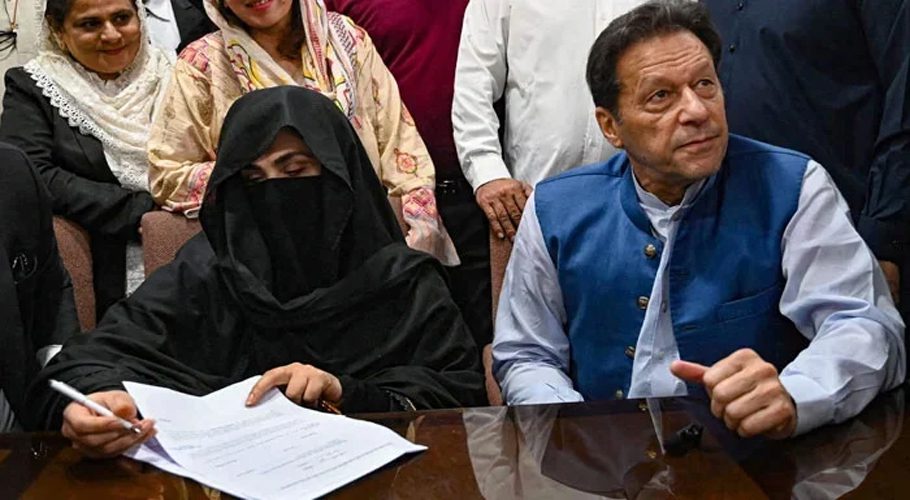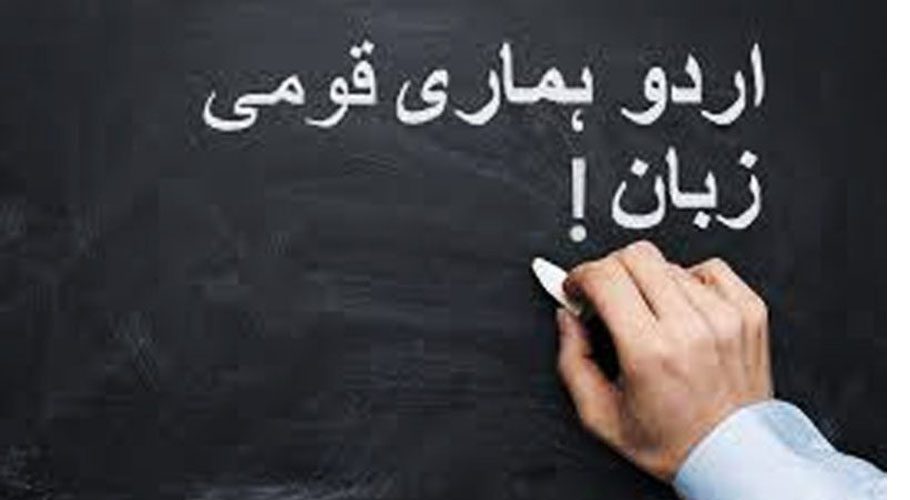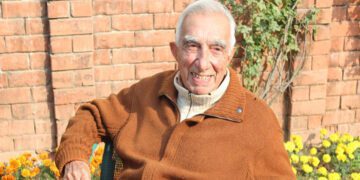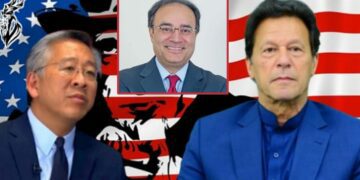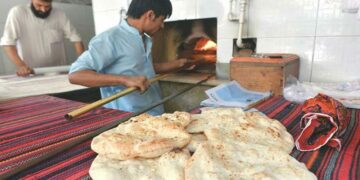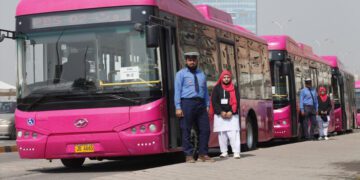![]() Follow Us on Google News
Follow Us on Google News
Poll for the Senate chairman has yielded a result on Friday (today), however, the story is far from over. Pakistan Tehreek-e-Insaf (PTI) backed nominee Sadiq Sanjrani with 48 votes was declared the conqueror over the opposition’s candidate Yousuf Raza Gilani who soured 42 votes. Sadiq Sanjrani, the nominee of the ruling coalition, has made a new history by taking the oath of office after winning the Senate seat for the second time.
Sanjarani became the youngest Chairman of the Senate of Pakistan on March 12, 2018, and today he has taken over the post of Chairman of the Upper House for the second time. Sadiq Sanjarani won the Senate vote for the third time in a row. He was elected and once won a no-confidence motion.
Poll for the Senate chairman
Sanjrani was declared the winner with 48 votes over the opposition’s candidate Gilani who soured 42 votes today after a tough contest. Though, eight votes were rejected of which seven were in favor of Yousuf Raza Gilani — a revelation that has caused an uproar within the PDM, which is considering challenging the decision in the Supreme Court while the presiding officer upholds the votes were cast wrongly.
Ahead of the poll, the figures for party strength recommended that 47 members would vote for Sanjrani and 51 for Gilani. However, during the poll, the government nominee secured an additional vote, and clue that one opposition senator voted against party policy and in favor of the ruling party.
Discovery of hidden cameras
The discovery of hidden cameras by opposition representatives in the polling booth is a shocking and unashamed violation of the sanctity of the Senate and the election process in the country. An election, which according to the laws should be conducted by a secret ballot, was tampered with by unidentified criminals who expected to spy on legislators casting their votes.
Whoever planted these cameras and what exactly they were hoping to find out, is anyone’s guess. Furthermore, allegations from opposition parties that their members were being endangered by the establishment to switch sides clue at yet another nefarious plot.
Presiding Officer Syed Muzaffar Hussain Shah has ordered an inquiry into the installation of cameras and has also set up a six-member committee comprising three members of the government and three members of the opposition.
Polls regularly marred by political engineering
Surprisingly, the deputy chairman slot was also griped by the PTI contender, with 10 votes more than the opposition nominee — a result that illustrates some opposition members voted in favor of the PTI.
This is scarcely surprising as Senate polls are regularly marred by allegations of vote-buying, horse-trading and political engineering. However certain moments during yesterday’s poll set a new proof in the proverbial book of dirty tricks.
As the winners celebrate its Senate triumph, the truth is that democracy has lost — much like it did in the Senate seat polls earlier in the month when the PTI alleged vote-buying. Pakistan’s Senate polls have often been held under a cloud of distrust, as underhanded tactics and buyouts are engaged to make politicians switch sides.
Though politicians have normalized the malicious practice of buying loyalty, the character of autocratic forces in allegedly intimidating and spying on legislators is even creepier.
Such approaches are an insult to parliament, and regrettably, will not end till political parties put their distinctions aside and cooperatively reject interference. Despondently, there are no signals that this consciousness will dawn on our politicians anytime shortly.
Electoral reforms essential
Sadly, we have been earshot allegations of manipulation in the electoral process since the polls that were held in 1970. Pakistan faced various hindrances to the process of strengthening democracy due to corrupt practices.
This includes, among others, a regular intrusion of non-democratic forces into the civilian domain, pitiable performance of the authorities, causing the removal from office of a democratic system and brittle party structures in the country.
It is essential for all politicians and institutions to realize that electoral reforms along with policies may focus on greater civil-military support.


